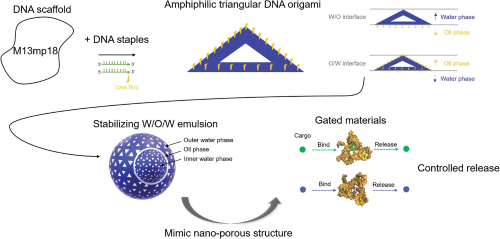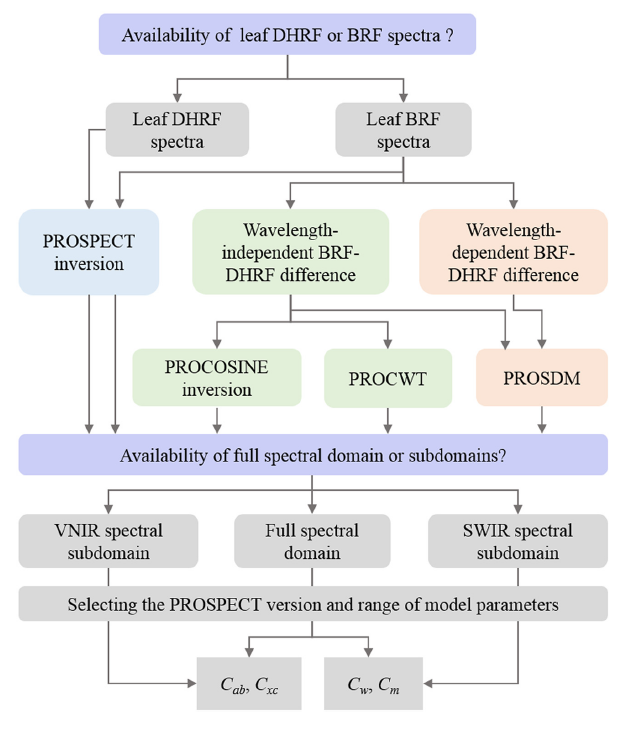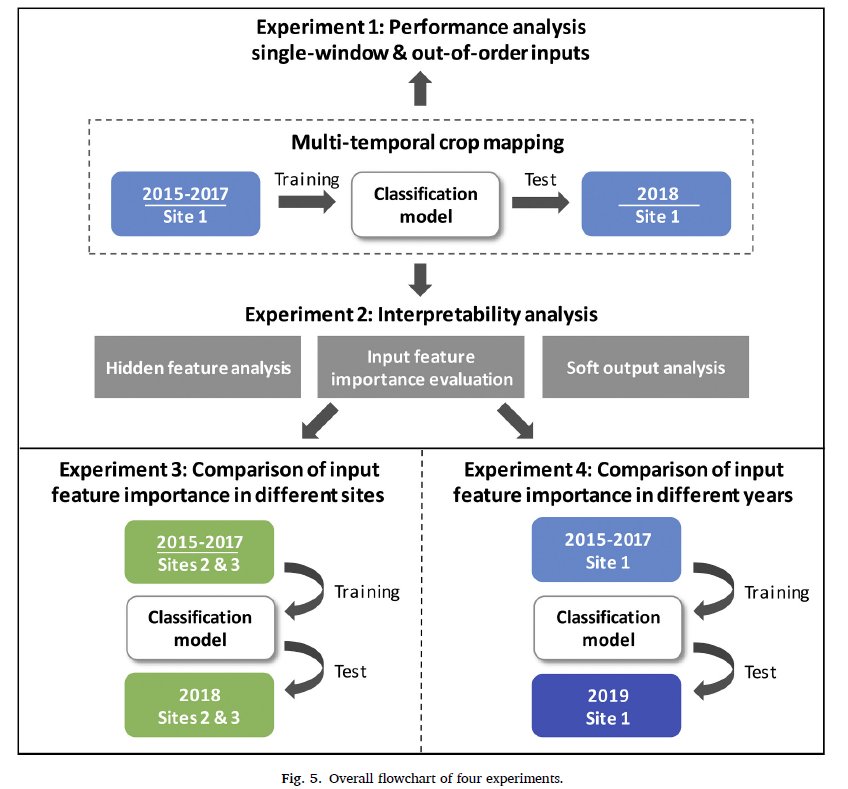Prof. Lu Baiyi's Team has Made New Progress in the study of Quality and Safety of Selenium-rich Agricultural Products and the Formation Mechanism of Associated Metals
Date:2020-08-07 | Visitcount:857On June 15, 2020, Zhang Liuquan, Lu Baiyi of Zhejiang University published a research paper entitled “Benefit–risk assessment of dietary selenium and its associated metals intake in China (2017-2019): Is current selenium-rich agro-food safe enough?” in Journal of Hazardous Materials (Q1, IF=9.038). This study investigated the benefit and risk of selenium and its associated metals in selenium-rich agro-food, which will provide data for further safety assessment of selenium-rich agriculture.
Dietary consumption of selenium-rich agro-food is an effective way to avoid selenium deficiency diseases, however, over consumption of selenium-rich agro-food will result in potential risk of selenosis and problems with associated metals. In this study, Prof. Lu’s team measured the concentrations of selenium and its associated metals in 2756 common and 4894 selenium-rich agro-food samples in 10 regions of China. We found that selenium-rich rice, flour, edible fungi and algae, meat, and tea contain higher levels of associated metals than other selenium-rich agro-food samples. Increasing the consumption of selenium-rich agro-food could make the actual intakes (AIs) of selenium for all population to meet respective recommended daily intakes (RDIs). Benefit-risk assessment results indicated that increasing the consumption of selenium-rich agro-food make AIs of selenium for all populations meet RDIs, chromium intakes for people under 18 years old exceed provisional tolerated daily intake (PTDIs), while arsenic and cadmium intakes are close to PTDIs. The main dietary contributors of selenium, chromium, arsenic and cadmium were meat, edible fungi and algae, rice, and rice, respectively. The study supported the consumption of selenium-rich agro-food for effective selenium supplement, but also emphasized potential risk from associated metals in selenium-rich agro-food, especially chromium.
This study was supported by the Ministry of Agriculture and Rural Affairs' Major Financial Project of Agricultural Product Quality and Safety (GJFP2019040), The National Agricultural Industrial Technology System (CARS-11) and the Ministry of Science and Technology's National Key Research and Development Project (2017YFC1601701). The Prof. Lu’s team formulated a total of 49 suggestions on standard preparation and modification of selenium detection and limitation, including “Determination method for Five Forms of Selenium in Selenium-rich Grain by HIGH Performance Liquid Chromatography-Inductively Coupled Plasma Mass Spectrometry”, “Technical Specification for Selenium-Rich Product Certification”, and “Technical Specification for Selenium-Rich Feed for Enshi Black Pig”. This team has also published 15 popular science articles on WeChat, weibo and TV, and 20 articles in journals including Journal of Hazardous Materials, International Journal of Environmental Research and Public Health, Food Chemistry, and quality and safety of agricultural products, and won awards including "the Second Prize of Science and Technology Progress Award of the Ministry of Education in 2017" and "the Third Prize of Science and Technology Progress Award of Hubei Province".
Link to the article: Benefit–risk
assessment of dietary selenium and its associated metals intake in China (2017-2019):
Is current selenium-rich agro-food safe enough? - ScienceDirect
-

The Professor Lin Xingyu team published a cover article on the interna...
23 11 2021 -

Professor Liu Donghong's team won the second prize of national Technol...
08 11 2021 -

Prof.Haiyan Cen's Group Published a Research Paper on Remote Sensing o...
31 10 2021 -

Prof.Tao Lin's Group Published a Research Paper on Remote Sensing of E...
31 07 2021




